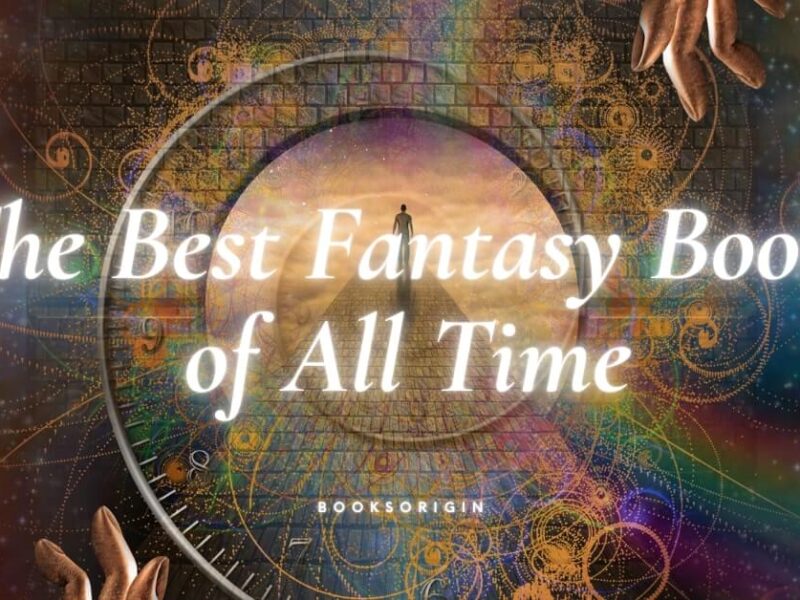Prisoner of Azkaban is, in my opinion, the well-constructed book of the Harry Potter books. Rowling twists a very tightly knitted story, each instance, comment, piece of information sensibly placed and leading up to a truly remarkable, intense conclusion. Here we see the mellowing of the skills that Rowling had been developing (oddly quickly and very well) in the prior books, expertise for mystery writing that she continues to display in her avatar as Robert Galbraith in the newly released The Cuckoo’s Calling. The rest of the series differs much from this format, following much more strongly to the epic fantasy practice and the Hero’s Journey recognized by Joseph Campbell, so possibly it is fitting that Rowling signs off on this format with this somewhat brilliant representation.
Not only is it a brilliantly plotted novel, but the characters of Azkaban also contribute to the reader’s satisfaction. Professor Lupin is a prodigious addition to a developing cast, warm, inspiring and mulled with just the right extent of mystery. Here, finally, is a teacher that Harry looks to relate to on a personal level, a counselor figure who is available to his students and forges a personal association with our hero. It’s the first time in the books that Harry got someone to go to not only for academic queries, but the greater moral and personal problems that will affected him as he grows older and deals with severer trials.
Not only does Lupin provide him support in the form of practical teaching, but also a shoulder to lean on, an adult perception that is solely marked for Harry. I think this is an important connection for the young wizard, given that, until this point in the previous books, he has not had a mature wizard who catered completely to his support. Lupin is Harry’s teacher, not Ron or Hermione’s, and this is, I think, a vital change in his journey towards hero-hood.
As the book ended, Harry has taken some very essential steps towards adulthood. The nature of Azkaban is dark, like its immediate predecessor, perhaps more accurately so because of the presence of the dementors. I acknowledge that the movie version may have done its bit in strengthening this impression; Alfonso Cuaron’s version of Hogwarts was considerably less joyful (and more chilling) than Christopher Columbus’s. The shadow of death falls early over Azkaban, not only because of the threat embodied by the fugitive, but also referred to time and again by another competitor, the Foretelling professor Sybil Trelawney. Whether any of these signs and omens will result in something tangible is for you to find out. I would recommend it especially for the fans of Harry Potter.
